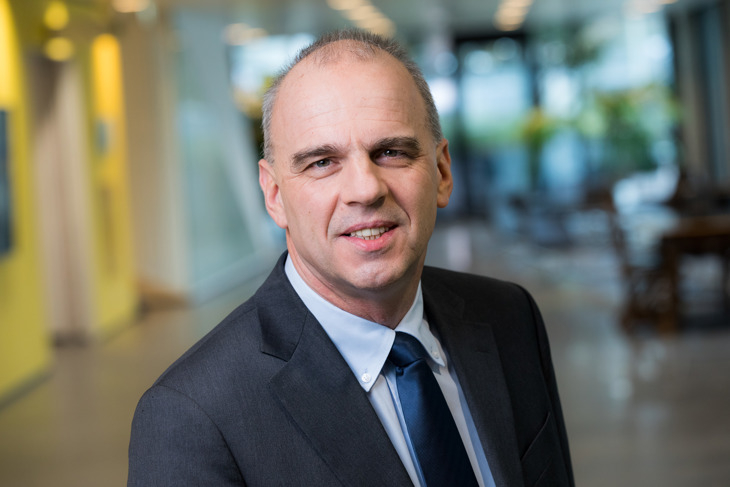
Jos Gilsbers: We have spent less time on new investments and focused more on risk management and protecting the solvency ratio.
On a corporate level, ASR provided a Q1 trading update, to provide an intermediate update on our business and the potential effect due to Corona.
The update is available on the ASR corporate website.
Jos: ASR asset management has a solid investment portfolio, with the majority in government bonds and investment grade corporate bonds.
In terms of challenges, it is difficult to get sufficient and reliable information on the consequences for private assets, where the actual impact of the crisis is still unclear. Also, the valuation of these assets is not supported by market data.
"Communication has become an increasingly vital factor."
Therefore, we have altered our monitoring and risk management approach, having spent a lot more time on the assessment of the impact on private assets.
We have also adopted a more proactive approach to communicating with our clients and other stakeholders.
For instance, prior to our AGM held end of May, we released a trading update to provide the market with some perspective and insight on the initial impact of the crisis on ASR. Communication has become an increasingly vital factor.
Jos: Related to this crisis environment, I am proud and pleasantly surprised that we were able to start working from home straight away and that everything is running fine.
We were able to stick to our main processes, which includes trading, asset management and risk management.
In the past, we never needed to have our investment teams working fully from home. But now, overnight, everyone is working from home, so we’ve had to ensure that every colleague is fully equipped to do so.
"Our preference for non-STP transactions is still to do that from the office "
This is all running fine with additional measures, and we are now more agile than we thought we would be.
Our preference for non-STP transactions is still to do that from the office (e.g. chat, on the phone, or mail), so now we have started to combine the capabilities from home and the office in a very prudent way.
There was also some reluctance to be more flexible in the balance of working and private time.
"Risk management has also become a higher priority these days."
But one of the positive outcomes of this crisis could be that we look differently at how we can combine our work and private lives, in the office or from home.
Risk management has also become a higher priority these days. This was especially true in the first part of the crisis when markets went down.
But we have already seen some recovery, so now it is more about getting back to business as usual.
In this period, we have also looked at where our priorities are. Our focus has now been placed on what is important and urgent.
Jos: We already had our contingency plans and process descriptions in place. I think one of the lessons learnt is that these aren’t just there to have stuck in a drawer somewhere.
There can be situations – like certain market conditions – where you need these contingency plans and have to change the way you do your regular work. So, you do need to take them very seriously and have them tested periodically.
It is also about having the right people in place. Our work continues and we haven’t had any problems, because we have a workforce with the right skills and competencies.